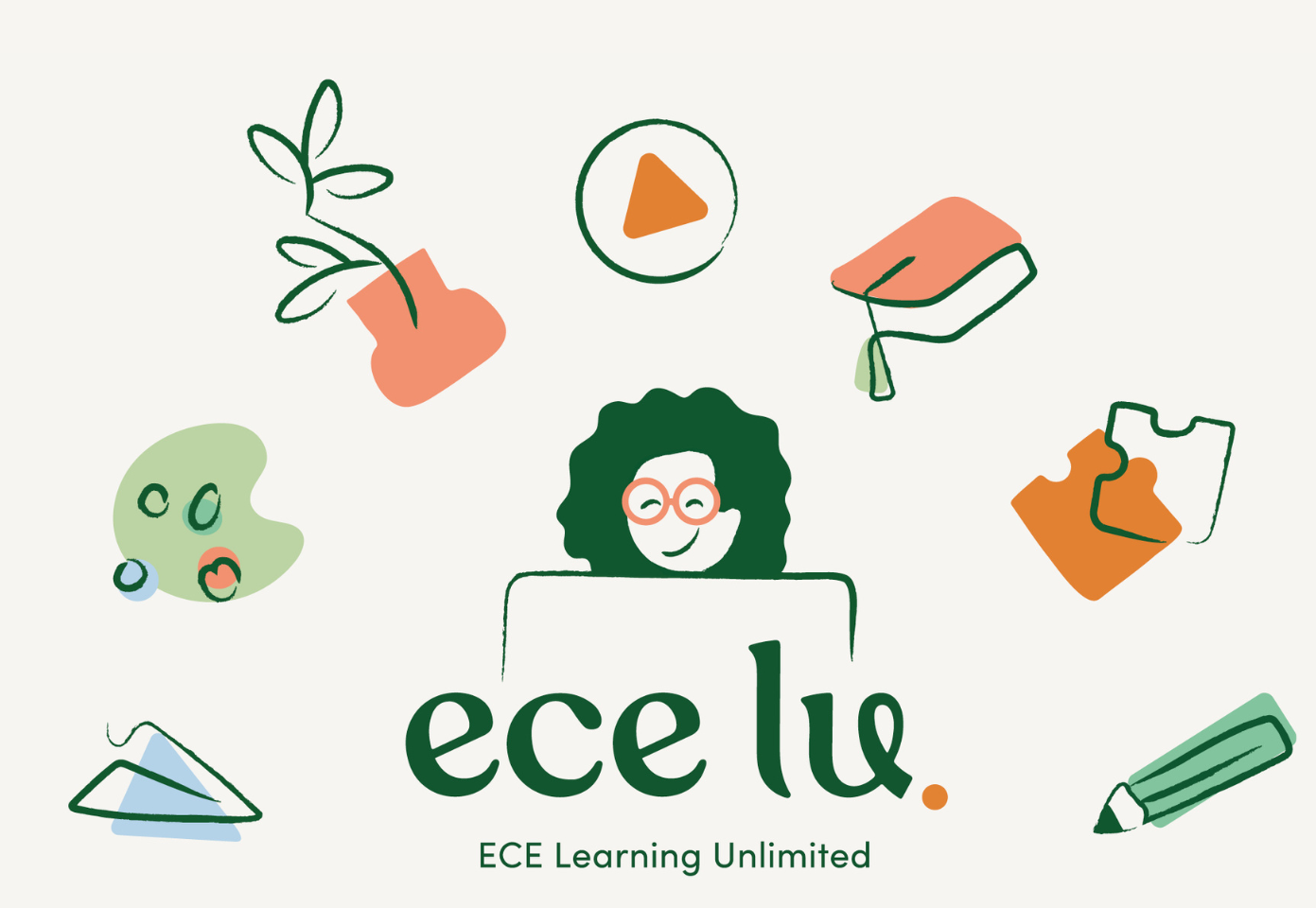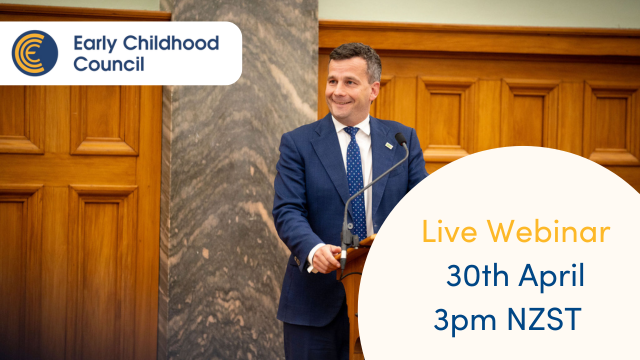All of us, no matter how young or old we are, wants and needs connection with others. Especially with the people who care most about us. When we connect with someone who cares about us, our heart is refuelled and we feel more able to cope and tackle the world around us. Connecting with someone means that we give them our undivided attention. We stop what we are doing, we look at them, and we listen with an open mind and a loving heart.
While we want to give this undivided attention to the people we care about as much as we can, the reality of life is that we cannot do this all of the time. And actually we do not need undivided attention from others all the time. We all need time and space to pursue our own interests and to get stuff done. On our own.
And so, it is the same for our infants and toddlers who we care for. Children, like adults seek connection. They seek to refuel their emotional tank throughout the day, which then enables them to move away again to play, explore and learn. A child who knows that they are loved, who has a full heart, is a child who is able to learn independently.
Neuroscience research also reinforces this notion of human connection as the vehicle for the vital building of brain connections in children. One to one connection and intimacy for children is therefore a physical, emotional and spiritual need. As important as food and water.
In a busy group care environment, affording each child time for one to one connection is challenging. But essential none the less. Every child in our care, must be given the opportunity every day for undivided attention. Ideally this will be from their primary caregiver, or one of the small number of people who are part of their world.
Magda Gerber suggested that the natural time to be with a child “wholeheartedly” is when we “care” for them. Each day there are naturally occurring pockets of time when we engage with our children in care routines such as nappy changes, meal times or going to bed. These are golden opportunities for us to reinforce to our children that we care deeply for them. If we are able to give them our undivided, loving attention during care routines, children come to know in their soul that they are loved. The long term benefits of this are immeasurable.
So What Does This Look Like In Practice?
Magda Gerber provides these guidelines for us when engaging with children in care moments...
(Taken from “Dear Parent: Caring for Infants with Respect.” Magda Gerber)
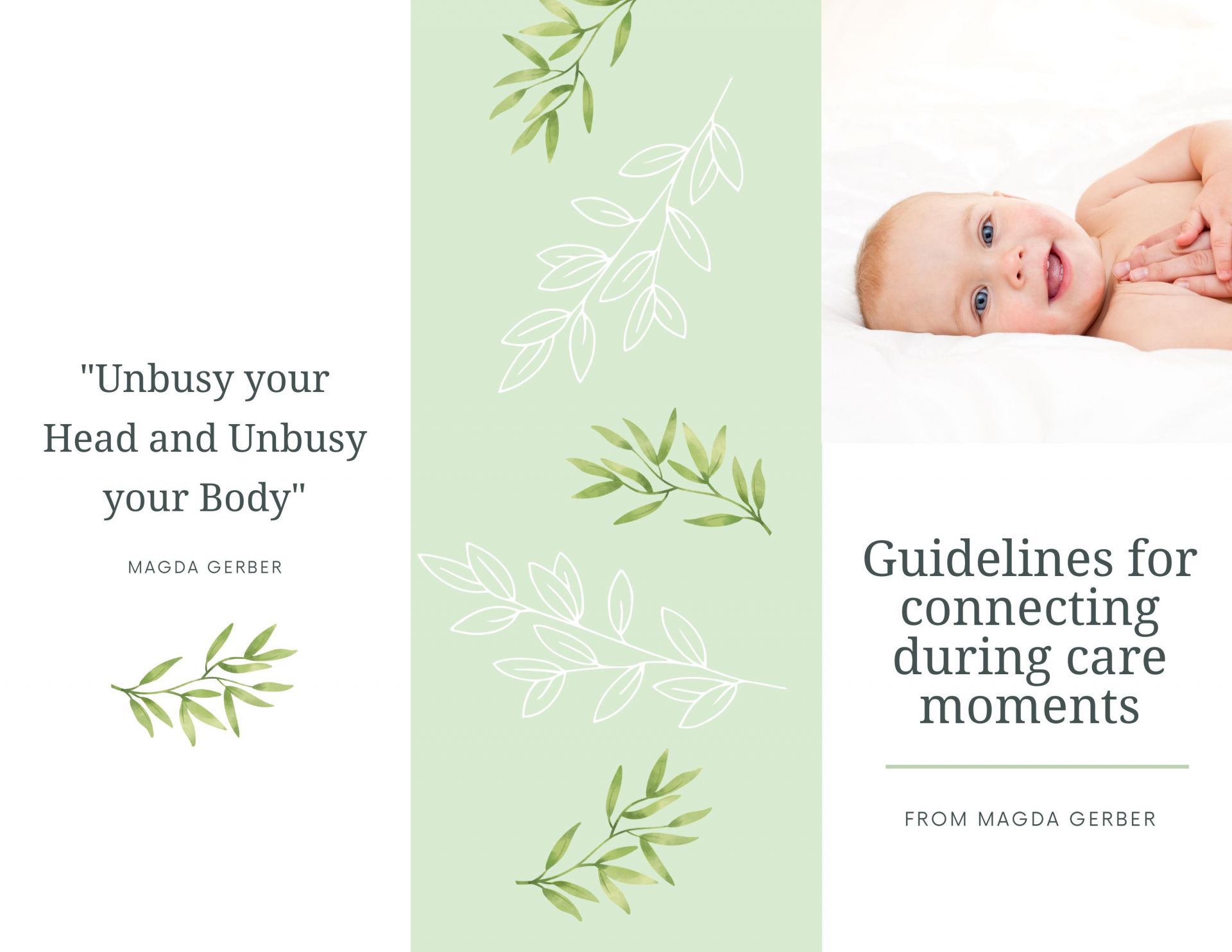
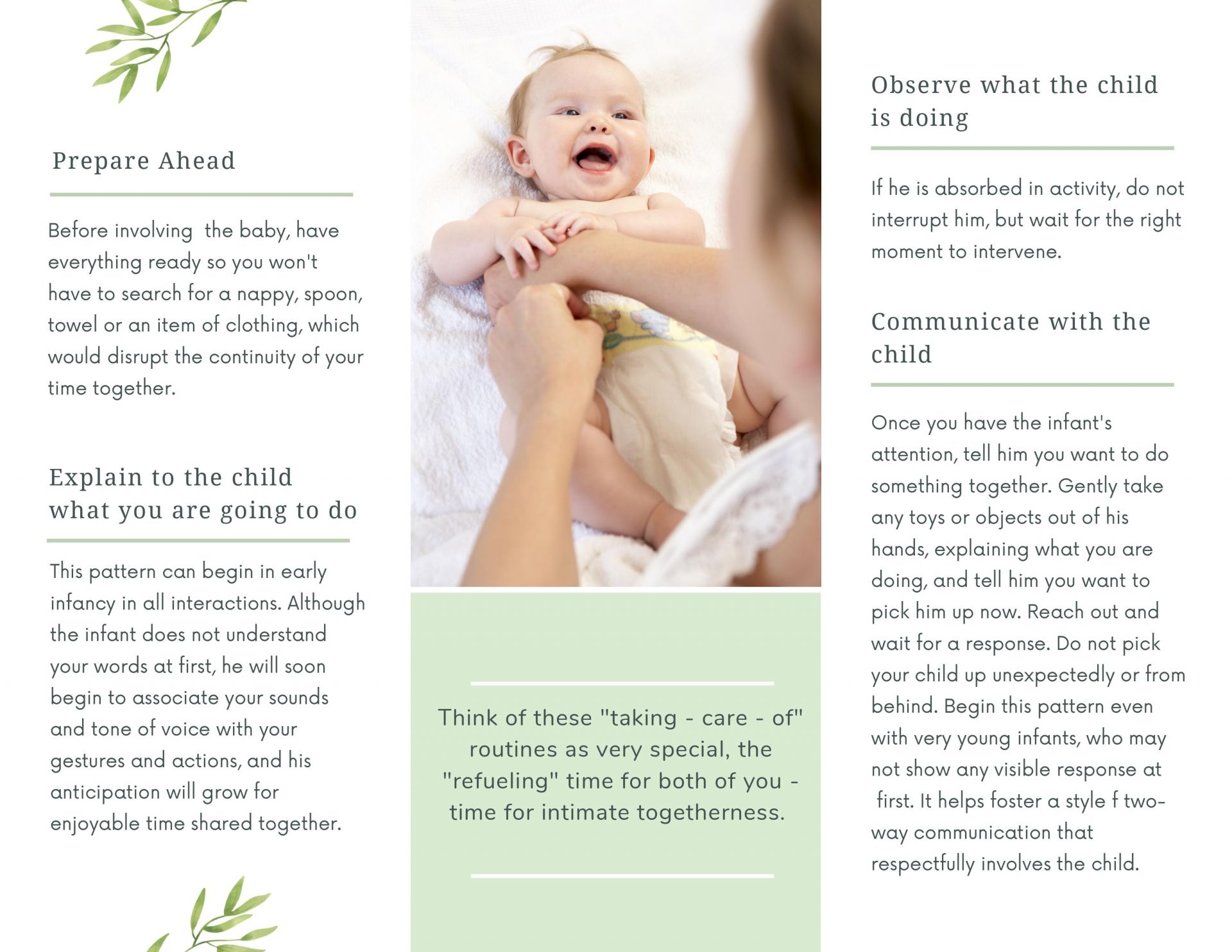
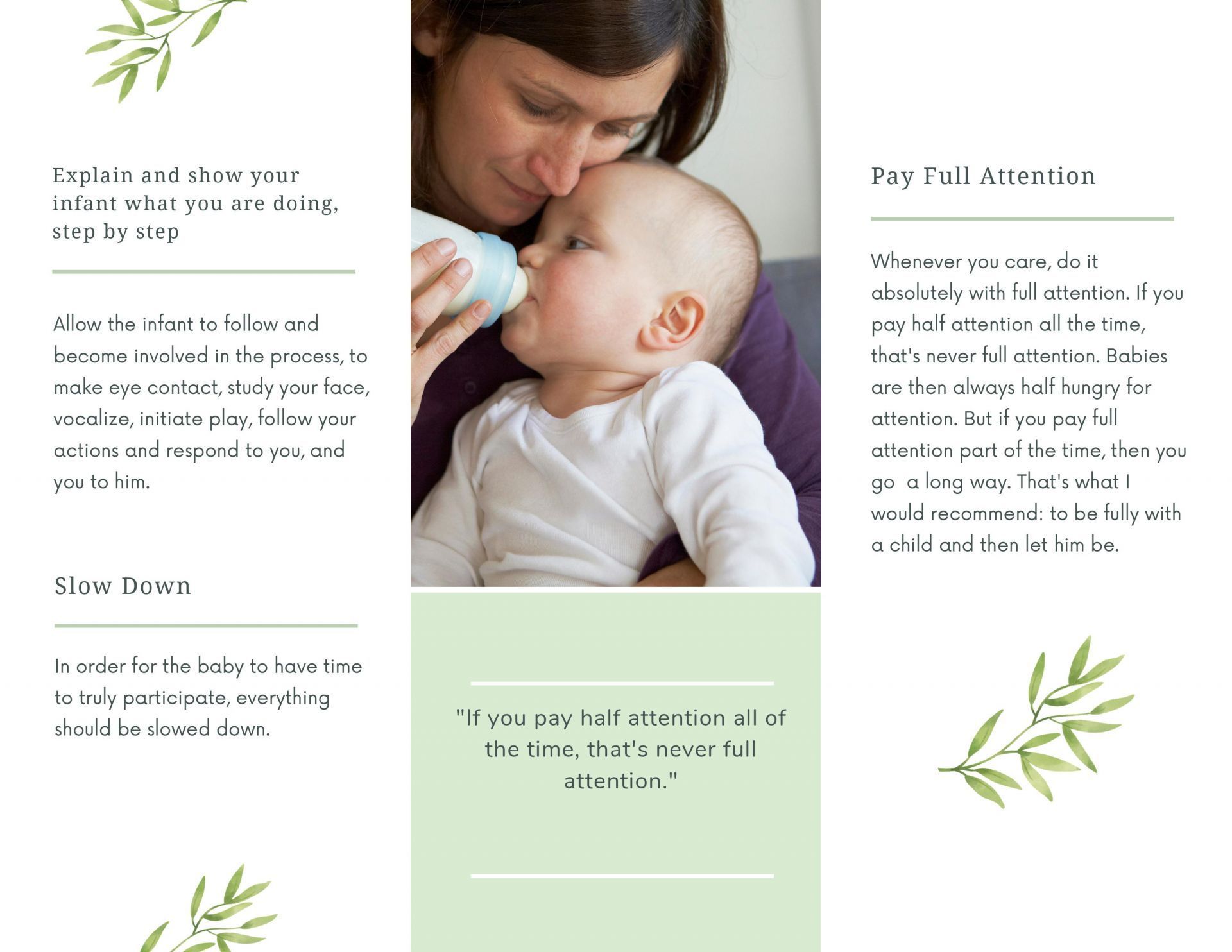

Written by
Angela Bush
Founder & CEO - ECE Learning Unlimited & Kebudel
Bachelor of Education (ECE), Diploma of Nursing, Diploma of Teaching (ECE)
Angela is a degree qualified and registered ECE teacher, multiple ECE centre owner, curriculum leader and business manager of ECE Learning Unlimited. She is also a registered nurse.
With over thirty years in ECE and centre ownership, Angela has a wealth of experience and knowledge in successful ECE leadership and centre management.
Over the years Angela has also had roles as a lecturer in ECE, nanny, teacher, and mentor.
Share your thoughts...

Need more?
Never miss a blog
Join our mailing list and keep up to date with new releases
Thank you!



